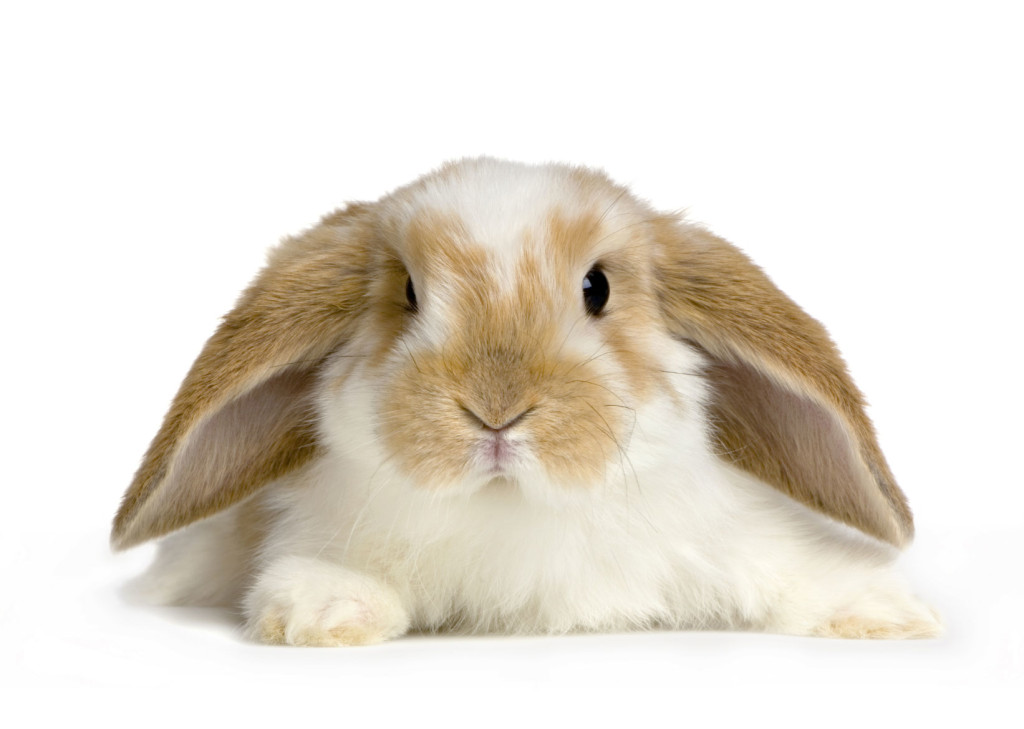Early summer before I turned nine, my father took me to the edge of our property in rural Washington State and positioned a rifle in my arms, pushed the nose of the gun toward the bluff that looked out over the Straits of Juan de Fuca, a stretch of water with a first, middle and last name. I couldn’t see the skull and cross bones tattoo on my father’s left shoulder, but I always knew it was there. My father wasn’t afraid of anything. He adjusted my fingers to shooting position. I pulled the trigger. A chunk of the ground broke up and exploded into the air like a firecracker. My father took the gun from my trembling arms, and then he changed my first name and shoved it up against my middle name, with no room to breathe. LauraLynn wanna try again? he asked. Maybe that’s what he thought my name was or should be. Once my paternal grandmother gave me a necklace with the name “Laura” on it.
No, I told my father. I didn’t want to shoot again. I had killed the earth.
Not long after, one afternoon I rode my magenta colored bicycle back and forth to the end of the asphalt that stopped thick as an oil spill where the driveway ended at the dirt road until it was time to come in for dinner and then I stopped when I saw my father standing in the garage. From a distance the garage seemed safe; its roof a perfect triangle, but when it was used for purposes other than storing a car, it tangled my sense of order. I left my bicycle outside, and heard my father call, LaraLynn come here. I entered the garage. My father pointed a knife at a doe hanging from the rafters. The deer’s legs were tied, its head aimed at the dirt floor, and sliced at its center as if my father had performed a cesarean. Full of kill pride, he motioned for me to come closer, and to get a better view of the dead animal. I stood close enough to the dead animal to pet it. But I didn’t touch it. I knew that pieces of the animal would be fried in a little oil; the juices soiling the pan. The meat tasted like a forkful of dirt and blood from the garage floor.
Early the following spring, my father’s job request transfer, from Washington to Alaska, was approved. It had been his dream, not his family’s, to live in Alaska. The February night we arrived in the 49th state, it was thirty degrees below zero. I recall descending the steel stairs of the plane. The eerie air a ghostly blanket. It seemed we were walking through a cloud. Silence covered the city, as if all of its inhabitants were gone. Soon I found out every day began and ended in darkness.
In June, as the weather began to warm, my father planned a hunting trip. I watched as he cleaned his rifles. First, he spread out the newspaper on the living room floor. Taking the weapon apart, he placed all of the pieces on the paper, shoved a miniature brush up and down the rifle and twisted it several times. Then he attached cotton squares to the end of the rod and worked them down the barrel. Lastly, my father polished the surface of the gun with a yellow cloth saturated in oil made especially for firearms. The oily metallic scented gun tempted me. Several weeks later, alone in the house, I went into my parents’ room, opened the closet door: my heart beat feverishly as I took my father’s rifle out of its tan padded case. Tenderly, as if it were a baby, I laid the gun on the bedspread. Running my fingers along its wood and metal, I was hypnotized by its sleekness. I stared at the trigger. I knew the gun wasn’t loaded. My father kept the bullets in a worn bullet box somewhere separate from the rifle. I was thrilled and terrified by the gun and what he did with his guns.
One afternoon, my father asked me to go fetch some moose meat for dinner. I went outside, and lifted the wooden door, and descended the stairs to the cellar where the animals and fish my father had caught and killed were stored. I lifted the freezer lid and stared at the hunks of frozen moose, deer, and caribou, wrapped in butcher paper and labeled accordingly, and I couldn’t picture (and I wanted to see them whole) what the animals actually looked like when they were whole, and before they had been killed and skinned and butchered, and in our freezer. But I was wasting time, and my father had told me to fetch the meat. I grabbed a block of moose and brought it into our house and placed it on the cutting board. The ice would slowly melt away and the animal would later become dinner on our plates. There would be blood.
Five years after we moved to Alaska, my father and mother split up, and my father moved out. Once my sister Leigh and I visited our father in his furnished studio apartment, with a tiny kitchen, a bathroom as big as a closet, and a bed that appeared the same size of our twin beds. He offered us a type of sweet we rarely had at home: a package of pink frosted marshmallow cookies. My mom home-baked cookies, pies, and cakes. Back in Washington, we had a bountiful garden: radishes, lettuces, tomatoes, and snap beans. His offering of store-bought cookies was a sad sign of defeat. We’d let him down. None of us shared his adoration of Alaska, his excitement when he found a few specks of gold in his gold pan, or the rush of stalking, shooting, and killing a moose, later shaping it into burgers. That meat tasted like a pair of boots that had tromped through fresh snow, packed snow, dirty snow, yellow snow, exhaust-ridden snow, muddy snow, melting snow, and finally, no more snow.
Quick-to-prepare brand name foods were introduced into our house once my dad was gone. Pop Tarts. Hamburger Helper. Tang. We could eat what we wanted, and I made my own meals. Then I made beef burgers (not moose or caribou) seasoned with salt, pepper, and cinnamon, sweetly scenting the house. I tried to camouflage the taste of meat. But I couldn’t cover up the memories of other things I had had to eat.
I somewhat understood, but didn’t like, that the animals my father hunted and killed became our food. What I didn’t understand, and what still haunts me is something that happened when we lived in Washington. Behind our house we had cages where rabbits and chicken were kept. At times, the chickens and the rabbits were allowed out, and I remember thinking the rabbits were bunnies. Pets. The bunny we called Molly came into the house on occasions. But my father wasn’t raising bunnies. He raised rabbits. I recall once at dinner there was some unrecognizable meat on my plate. I don’t know how I found out it was one of our rabbits (was it Molly?). I knew I had to eat everything on my plate. I ate liver and onions, my least favorite meal. I ate fried oysters, which I then thought tasted like human eyeballs. I drank milk even though it made me gag. I let slimy lima beans slip down my throat.
In my memory, I see myself crying, running from the table, and slamming my bedroom door, which I knew would have resulted in punishment. We weren’t allowed to slam doors. I only slammed doors in my mind. I find it hard to believe my father would have allowed me to leave the table, and I must not have. I knew the rules. I wanted to be brave but I was always afraid. I must have eaten a piece of the bunny. I can’t recall what it tasted like.
 Lori Lynn Turner has published in the Brooklyn Rail, Killing the Angel, and The Inquisitive Eater. She recently completed a memoir, It’s in the House, and a novella, Serena’s Home. She is the Associate Director of The New School Writing Program where she also oversees the reading series. Lori Lynn received her MFA in nonfiction from The New School, and B.A. in Creative Writing, focusing on poetry from San Francisco State University.
Lori Lynn Turner has published in the Brooklyn Rail, Killing the Angel, and The Inquisitive Eater. She recently completed a memoir, It’s in the House, and a novella, Serena’s Home. She is the Associate Director of The New School Writing Program where she also oversees the reading series. Lori Lynn received her MFA in nonfiction from The New School, and B.A. in Creative Writing, focusing on poetry from San Francisco State University.


Comments are closed.